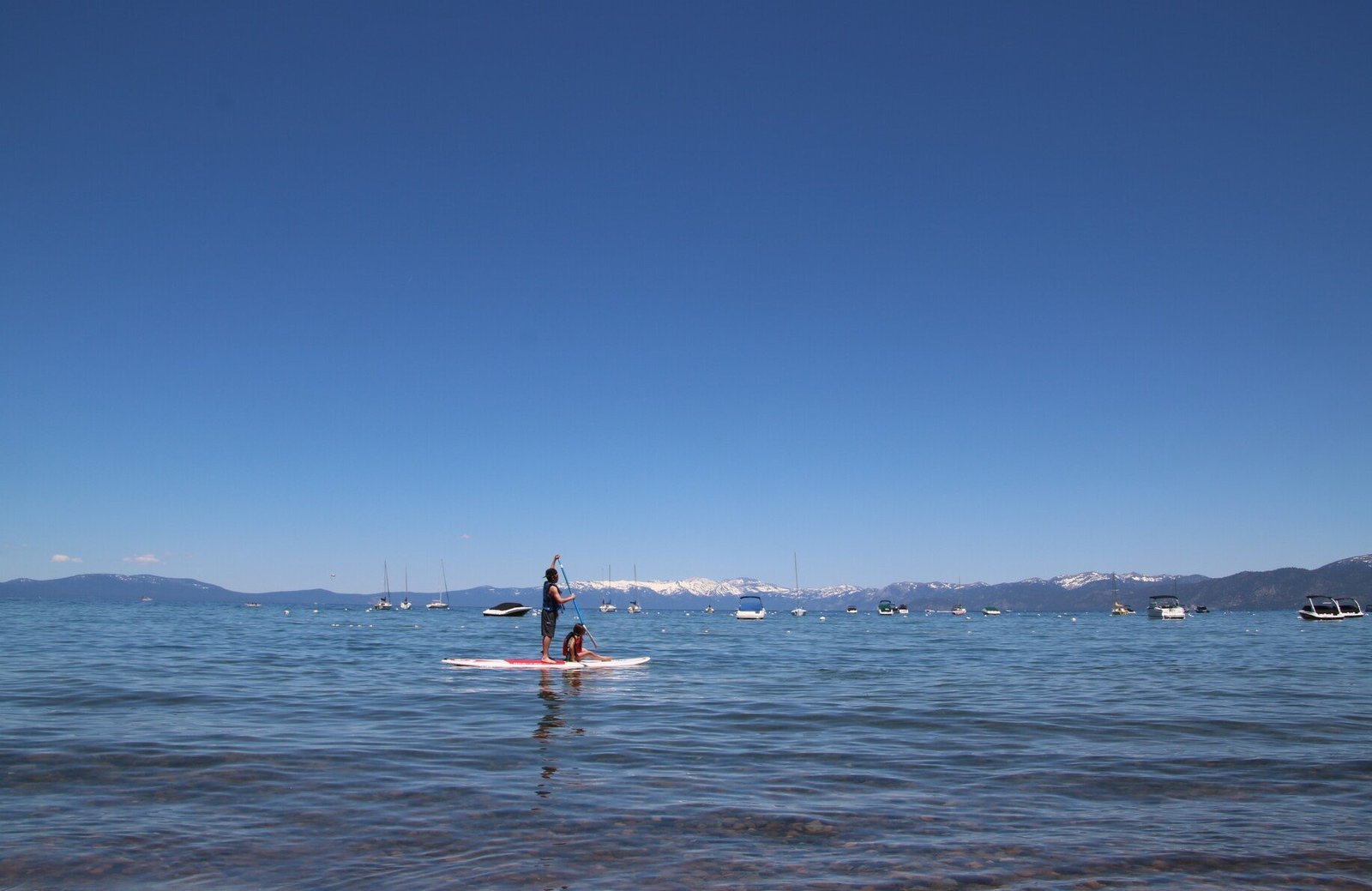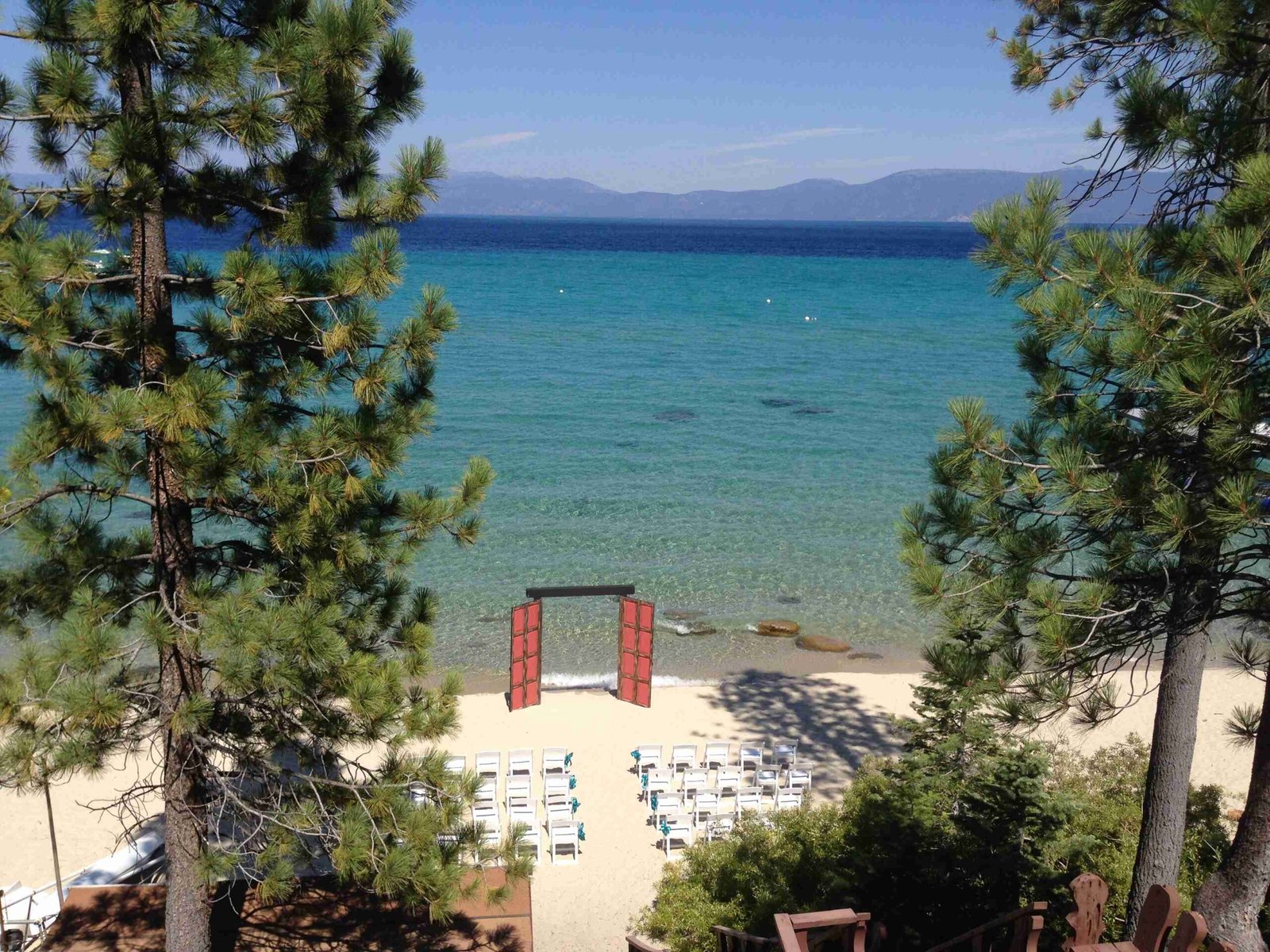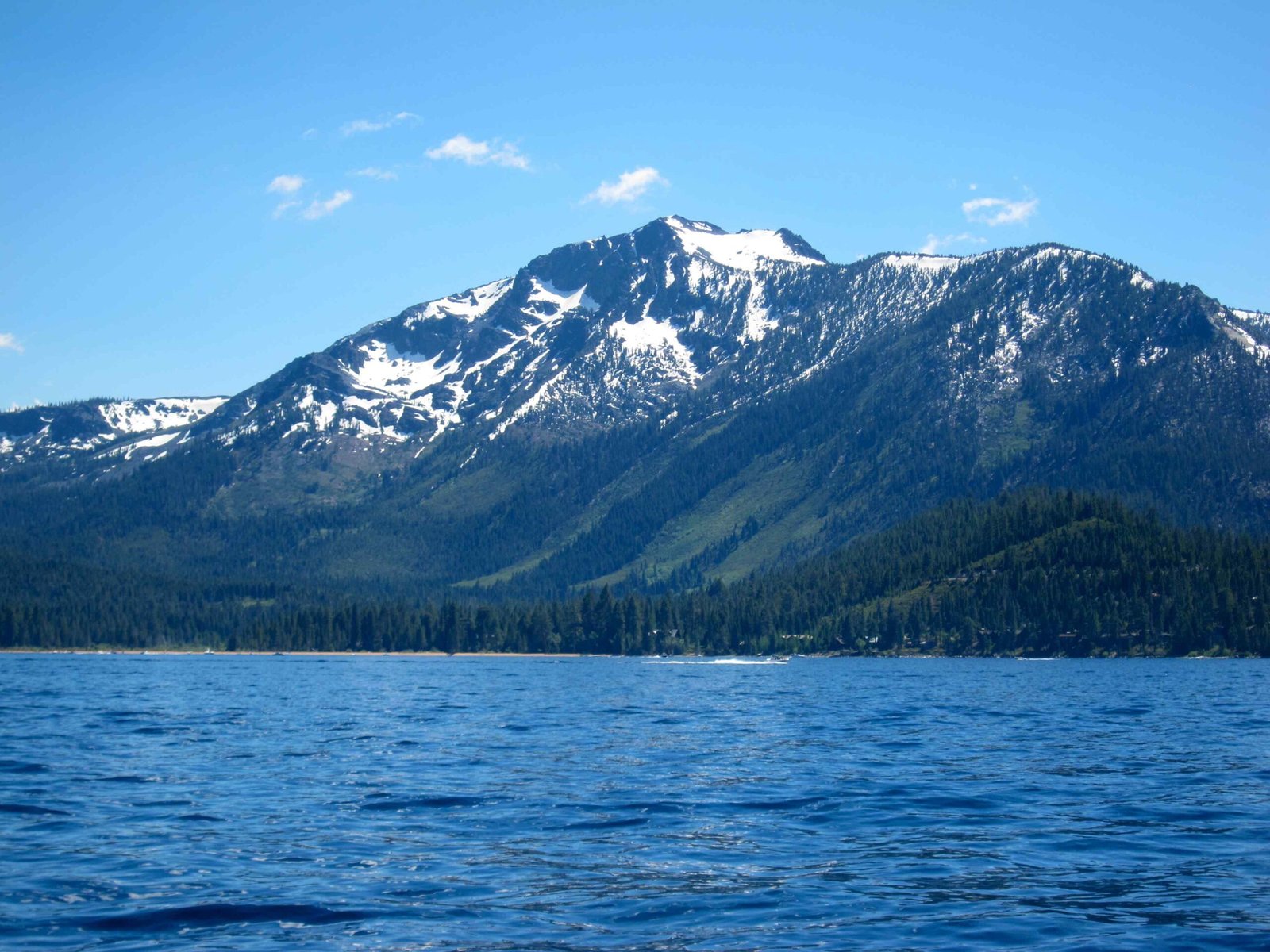Lake Tahoe offers an extraordinary underwater landscape for adventurous divers, featuring crystal-clear waters, historic maritime wrecks, and dramatic underwater topography that descends to incredible depths. With visibility often exceeding 100 feet and underwater environments ranging from shallow sandy bottoms to steep 1,000-foot walls, diving to the bottom of Lake Tahoe presents a unique and challenging experience for both recreational and technical divers.
What Makes Lake Tahoe a Unique Diving Destination?

Lake Tahoe’s underwater environment is a geological marvel, characterized by its exceptional water clarity and diverse underwater landscapes. The lake’s unique characteristics make diving here a remarkable experience:
Underwater Topography
- Depth Range: Lake Tahoe reaches depths of up to 1,645 feet
- Underwater Terrain: Includes granite walls, sunken forests, and dramatic drop-offs
- Visibility: Typically 30-100 feet, depending on conditions
Water Characteristics
| Temperature Range | Seasonal Variation | Diving Difficulty |
|---|---|---|
| 32-75°F | Significant | Moderate to Advanced |
| Coldest in Winter | Requires Specialized Gear | Technical Skills Recommended |
How Deep Can You Actually Dive in Lake Tahoe?

Diving to the bottom of Lake Tahoe is not a simple task. Technical considerations include:
- High-Altitude Diving Challenges
- Lake elevation: 6,225 feet above sea level
- Requires specialized decompression calculations
-
Standard dive tables are not applicable
-
Technical Diving Requirements
- Advanced certification needed
- Specialized equipment
- Extensive training in deep and cold-water diving
What Unique Underwater Features Exist?
Lake Tahoe’s underwater landscape offers extraordinary exploration opportunities:
- Emerald Bay Maritime Heritage Trail
- Multiple sunken boats from 1920-1930s
- Depths ranging 10-60 feet
-
Preserved historical artifacts
-
Rubicon Wall
- Vertical underwater cliff
- Descends to 1,000 feet
- Challenging dive site for experienced divers
What Safety Precautions Are Essential?
Critical Diving Preparations
- Use high-altitude dive computers
- Wear dry suits year-round
- Carry redundant air systems
- Complete thorough pre-dive equipment checks
- Obtain local diving permits
What Equipment Do You Need?
Recommended Gear Checklist:
– Dry suit with thermal undergarments
– High-altitude dive computer
– Redundant air supply
– Dive lights
– Navigation tools
– Emergency signaling devices
Where Are the Best Dive Sites?
Top recommended locations for diving to the bottom of Lake Tahoe:
1. Emerald Bay State Park
2. Sand Harbor State Park
3. Rubicon Wall at DL Bliss State Park
4. Diver’s Cove
5. Speedboat Beach
What Certifications Are Required?
- Advanced Open Water Certification
- Deep Diving Specialty
- Dry Suit Diving Certification
- Rescue Diver Recommended
How Much Does Lake Tahoe Diving Cost?
| Expense Category | Estimated Cost |
|---|---|
| Dive Permits | $10-$15 per day |
| Equipment Rental | $50-$150 |
| Guided Tour | $150-$300 |
| Certification Courses | $300-$500 |
Pro Tip: Always dive with a local guide familiar with Lake Tahoe’s unique underwater environment.
Final Considerations
Diving to the bottom of Lake Tahoe is an extraordinary adventure requiring extensive preparation, technical skills, and respect for the environment. The combination of historical artifacts, stunning geological formations, and challenging diving conditions makes this destination truly unique.
Reference:
– Sierra Diving Center
– Tahoe Dive Sites Guide
– High-Altitude Diving Resources

